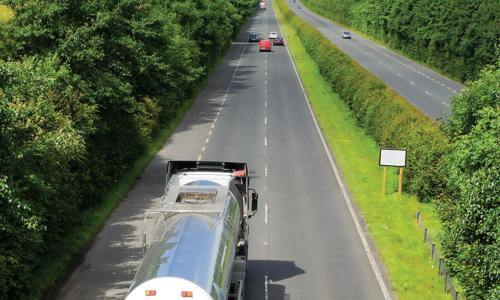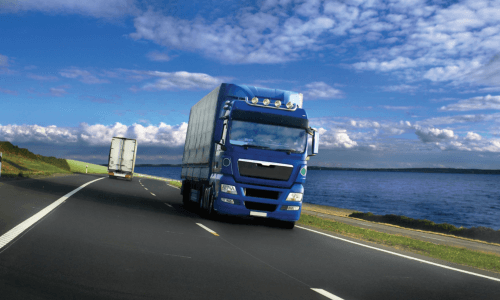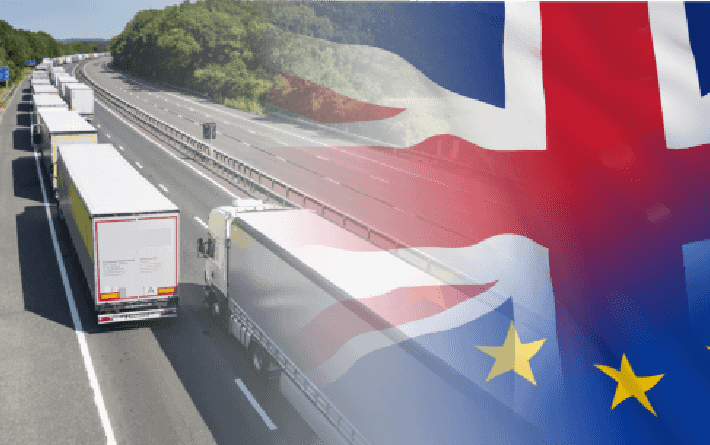The FTA has said logistics operators are encountering delays at internal borders in the EU, disrupting the flow and delivery of goods in the supply chain and delaying the response to the COVID-19 pandemic.
As a result it has urged all EU member states to follow EU guidelines on for “green lanes” for goods at borders in a bid to speed up supply chains.
Pauline Bastidon, head of European and global policy at FTA said: “Green lanes at borders are intended to ensure freight flows freely to and from different countries but many operators have faced, and are still facing delays of up to 14 hours at the EU’s internal borders.
“Currently, crossing the border should take no more than 15 minutes, as specified in the EU’s guidelines, and on behalf of our members and their partners across Europe, we are urging member states to facilitate the movement of vehicles to protect supply chains and the delivery of essential goods.
“While we are all facing such an extraordinary trading environment, procedures at green lane border crossings should be minimised and streamlined to what is strictly necessary.
“We are urging EU member states to ensure checks and screening can be carried out without the need for drivers to leave their vehicles, and they should not be asked to produce any documentation except ID, driver’s licence and, if necessary, a letter from the employer, as specified in the EU guidelines. Electronic submission and display of documents should be accepted.”
Bastidon says that there is currently no need to quarantine drivers that are not displaying symptoms of COVID-19: “Quarantining workers at borders without reason is simply placing the whole supply chain under even greater threat.
“European logistics as a whole is facing a significant shortage of workers, particularly among drivers, and the industry which keeps the economy working efficiently simply cannot afford to sustain the gaps in the workforce which these unnecessary delays are causing. At present, society is relying on logistics to deliver – more now than at any other time – but our operators are being hampered by unnecessary checks and red tape.”
She said: “The industry now needs the support of all European governments to support their efforts, by suspending restrictions such as weekend, night and sectoral bans, and to provide stimulus to facilitate the operation of such a vital sector of the economy.”







